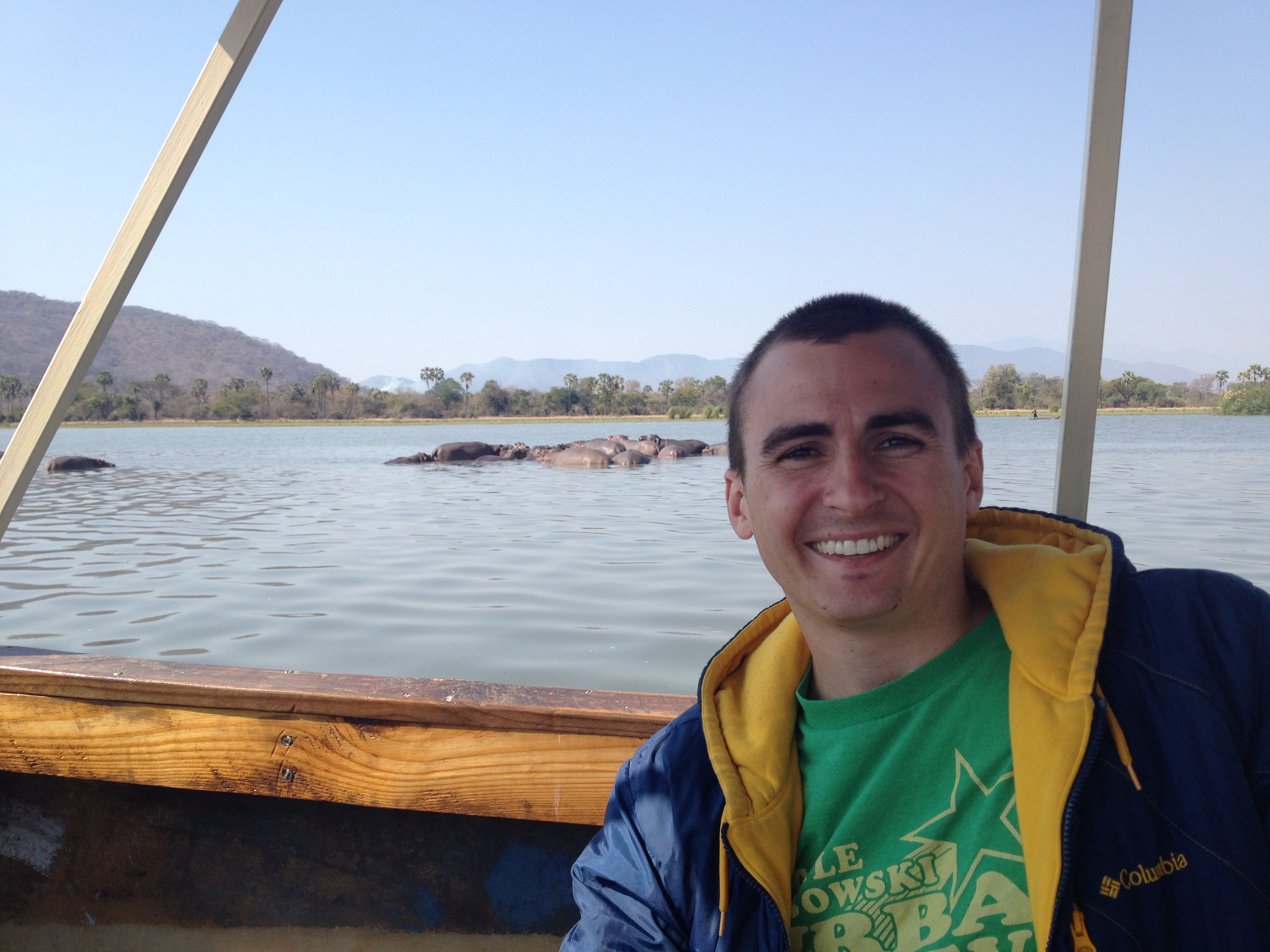I get this question all the time. The answer is no.
It’s very common to assume that places with severe HIV epidemics are only that way because people there don’t know what it is or how it works. That’s not true at all. I’m going to limit my discussion here to Malawi, the country with the 9th-highest national HIV prevalence in the world. Although I’d assume the patterns are similar elsewhere in the high-prevalence southern cone of Africa, it doesn’t really matter if they are. The folk theory I’m addressing assumes that HIV education, meaning basic knowledge of transmission and prevention, is sufficient for stopping an epidemic. Malawi is a case where this kind of knowledge is high, but the epidemic is still going fairly strong. Therefore there is no way that HIV education alone is the answer, at least not the way it is typically done.
How do we know that Malawians are aware of HIV and how to prevent it? The Demographic and Health Surveys (DHS) have been running population-based surveys on probability samples of many developing countries for a long time now, and they have included questions on HIV prevention for quite a while. In Malawi’s case, these questions go back to 1992. These surveys allow us to estimate the share of people age 15-49 (the key age range for the virus) who understand a range of basic facts about HIV prevention. You can look them up yourself at hivdata.measuredhs.org, but to save time (and because I want to show people this stuff all the time) I did this and made a PDF of all the HIV prevention questions for Malawi across four rounds of the DHS survey. Click here to take a look.
The statistics are fairly impressive. 99.4% of Malawians have heard of HIV. Based on the survey’s measure, nearly 60% have no incorrect beliefs about its transmission. What about prevention? We usually emphasize the ABCs (Abstinence, Be Faithful to One Uninfected Partner, and Condoms), and 79%, 87%, and 72% of . Even more striking, nearly three quarters of Malawians knew whether or not mosquitos can transmit HIV. Do you know whether they can? Anecdotally, most Americans get this wrong. The answer is in the PDF – guess before you take a look.
This quantitative data is consistent with other data I’ve collected, and might understate people’s knowledge. In a survey of over 400 people I helped run last summer, 98% of respondents stated that condoms provide at least some risk reduction over unprotected sex, and most people thought the risk benefits were massive. The average person in the area thinks that condoms reduce the risk of contracting HIV by 81 percentage points per sex act.
It’s also consistent with informal conversations and other non-quantitative evidence I’ve collected here. Lately I’ve been testing materials for my imminent project, and at one point in my information treatment (about HIV) I ask people if they have any questions. I have fielded a number of highly sophisticated questions – for example, one woman, who was still in high school, asked if taking ARVs meant that your sex partners might contract a resistant strain of the virus. The answer is yes, but the fact that she knew to ask that question is indicative of the extremely rich information environment here with respect to HIV. Not all of that information is 100% accurate – hence my project – but awareness and knowledge of the disease are extremely high.
So awareness alone is not the answer. What is the answer? We don’t know. If we knew for sure why HIV is a catastrophe here in Southern Africa and never much more than a moderate problem anywhere else in the world, we could probably do something about it.


